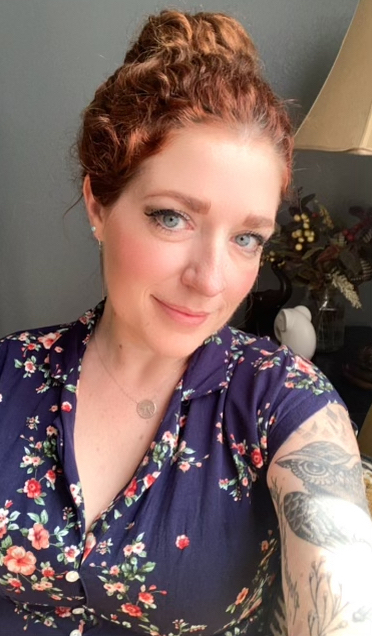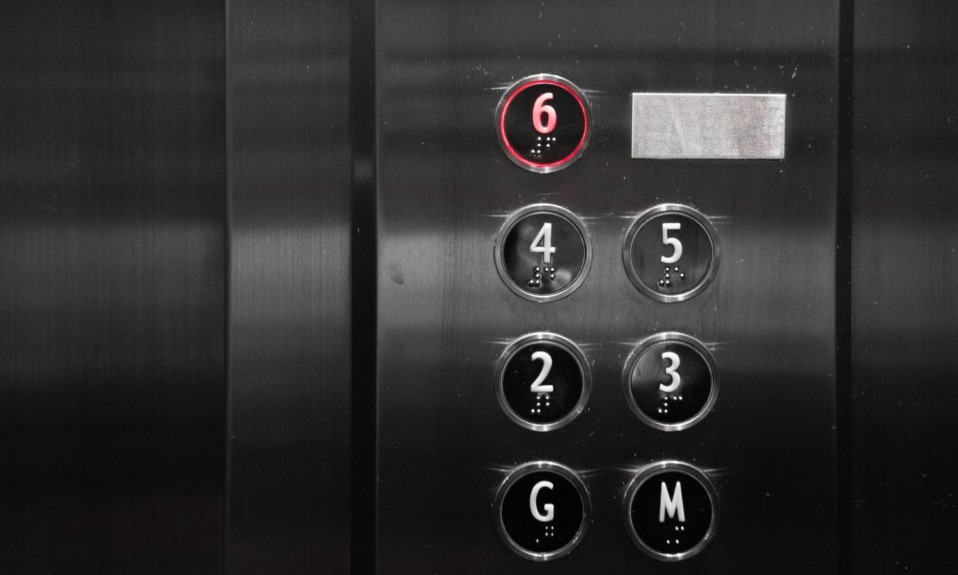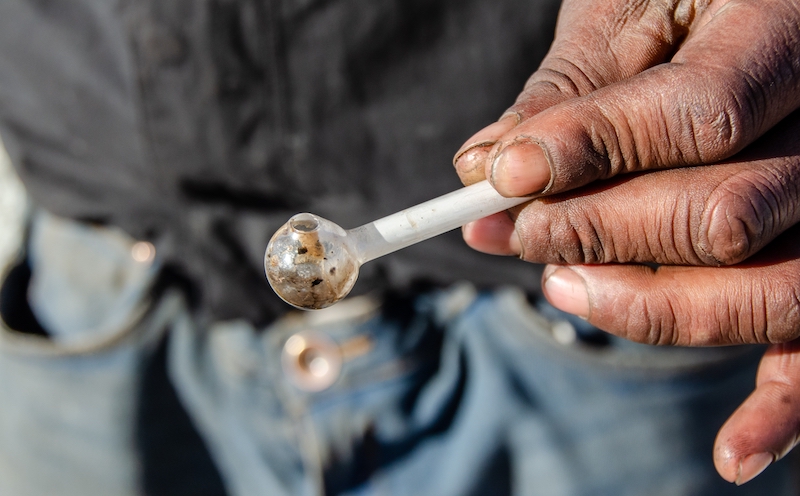At least some of the items on our writer’s list should ring true for those trying to make it to the other side of addiction
By Veronica L. Holyfield

When reflecting on a life outside of active addiction, I realize I’m never far away from the person I was when I was still drinking. I think we like to imagine we’ll become different people when we get sober—and, sure, a ton has to change in order to obtain any length of time in recovery. However, a lot stays the same. I’m still me, with or without booze, and that can be both a blessing and a curse.
Through an immense amount of self-work, I’ve gained knowledge about who I was and who I am. There are some things I continue to work on and others I’m now at peace with. It’s been a revelatory, albeit arduous, process.
The road to recovery has been one of smooth coasting and patches of nasty potholes. I’m grateful for all of it—even the tough times, because I’ve learned from them. Through developing healthy coping mechanisms, I’ve built up my self-esteem and realized just how resilient I am. Staying in a space of gratitude and extensibility has brought me closer to those around me and, ultimately, to myself.
In no particular order, here are some lessons I’ve learned about addiction and recovery:
1. I Was Destined to Suffer from Addiction
I grew up in an alcohol- and drug-free environment, but I always was attracted to substances that would alter my state of mind. I remember sitting in my bedroom closet at age 12 with a pack of crayons, pretending to smoke them like cigarettes. I couldn’t wait for my first chance to drink at a party, and the idea of doing drugs burrowed into my mind like the plot of a rom-com. It all seemed so glamorous, so decadent, so desirable.
I’ve learned to accept that I was born this way, and there is nothing I can do to change the way I drink. For me, the healthiest option is to not drink at all.
While I have a strong genetic leaning toward addiction, I believe I also have a strong will to self-sabotage and self-destruct that I come by honestly. Despite all the negative consequences I suffered because of my drinking, I still crave the relief of that first drink, the beauty of a handcrafted cocktail and the pageantry of a bloody mary at brunch. I’ve learned to accept that I was born this way, and there is nothing I can do to change the way I drink. For me, the healthiest option is to not drink at all.
2. My Cravings Are Triggered by Discomfort
Many of us who have addiction describe our thoughts and feelings as squirrely—images and ideas of drinking run through our minds and wreak havoc. While I know this to be true, I never really understood what could take me from being A-OK to wanting to drink so badly that I would do almost anything to quiet that voice in my head.
Fortunately, I have been able to identify why I crave a drink when everything seems to be fine: discomfort. I have a hard time sitting still in my feelings, in my body and in my boredom. Doing so requires immense patience and a level of mindfulness that sometimes feels intolerable. I used to drink away the things that were extreme—both the good and the bad—and so sitting in any kind of emotion is almost maddening. But I’ve found that if I acknowledge the trigger and thank my disease for trying to protect me, it begins a process of de-escalation that takes me to a place where those emotions seem manageable. It takes a lot practice, though—I’m far from perfect.
3. I Don’t Have to Choose Suffering
I’ve learned that even though I didn’t choose to be prone to addiction, I can choose to not let it control my life. For a long time, I was consumed with the thought that I was destined to suffer; that my mental health would always bring strife; that my emotional well-being would be a constant rollercoaster; that my relationships would be tumultuous and futile.
I’m not a screwup—I’ve simply screwed up. I don’t have to suffer and wallow in negativity. I can choose to heal.
I realize now that a lot of my unhealthy thoughts and patterns during my active addiction were carried over into my sobriety. Just like I made the choice to do the work to get sober, I decided to do the work to shift my self-narrative into active addiction. I’m not a screwup—I’ve simply screwed up. I don’t have to suffer and wallow in negativity. I can choose to heal.
4. I’m Really Hard on Myself
I’ve been in therapy for the better part of eight years. Despite all the self-work I thought I was doing, it wasn’t until I got sober that I truly realized I’m mean to myself. The malicious and hostile inner voice that told me I was worthless was a poison that ate me from the inside out. I discovered that my perfectionism and self-doubt controlled every interaction I had, with both myself and others. I thought so poorly of myself that I could barely face the mirror some days.
Through practicing radical self-acceptance and self-compassion, I’ve been able to see things I like about myself—positive qualities that make me an asset to my family, friends and coworkers.
I honestly thought this wasn’t unique; I believed everyone hated themselves and that I was no different. Through practicing radical self-acceptance and self-compassion, I’ve been able to see things I like about myself—positive qualities that make me an asset to my family, friends and co-workers. Yes, I’m a human who deserves good things.
5. I’m Not Alone in My Recovery
When I was in active addiction, my disease liked to tell me I was isolated, different and should separate myself from those who care deeply for me. It’s as if I was trying to protect them from illness. Unfortunately, I also tried to keep myself at a distance in my sobriety.
But what I’ve learned—perhaps above all else—is that I’m not alone. I don’t have to fight the struggles by myself, and the more I let others into the hard times, the more cheerleaders I have to share in my successes. It feels good to rely on people and, in turn, be there for others when they are in need. It takes an entire community of support to beat addiction, and I’m very fortunate to have so many people I can count on for guidance and reassurance on the days I simply cannot do it by myself.
6. Relapse Can Simply Be Redirection
While I don’t believe relapse is inevitable for every person with addiction, it is a reality for many of us. When I relapsed six months ago, I thought I was a failure. I had promised myself and everyone else that this time would be different and I wouldn’t take another drink for the rest of my life. I was wrong. Following a three-day bender, I woke up, my head spinning and aching, filled with feelings of shame and regret.
I’m humbled daily by how quickly I could lose it all if I live inside my disease rather than outside of it.
After taking an honest look at the four months prior to my relapse, I realized I hadn’t been living a life of honesty, recovery and selflessness. In fact, I was almost cocky in my abstinence, and I needed a wake-up call. A life in recovery is a gift, and it should be shared freely, not squandered by ego and self-righteousness. Today, I’m acutely aware of the precious and sacred nature of my sobriety. I’m humbled daily by how quickly I could lose it all if I live inside my disease rather than outside of it.
Top photo: Arisa Chattasa













